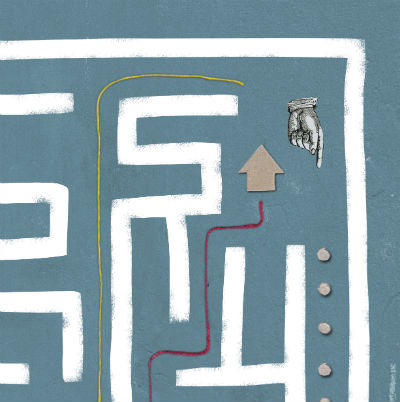Submitted by basma on
This report is part of CRIN's access to justice for children project, looking at the status of the Convention on the Rights of the Child (CRC) in national law, the status of children involved in legal proceedings, the legal means to challenge violations of children’s rights and the practical considerations involved in challenging violations..
The Islamic Republic of Iran (Iran) ratified the Convention on the Rights of the Child (CRC) and incorporated it into its domestic law in 1994. The CRC is binding as law, but if its provisions contradict either domestic law or Islamic standards, the latter two would prevail. Provisions of the CRC are directly enforceable in court, and will only be upheld if they are compatible with Shari’a law. Children under the age of 15 require legal representatives in order to bring legal proceedings, with the exception of cases where they can prove their maturity to the court. Juvenile courts are available, and follow the same procedures for appealing to higher courts, as any other case would. Legal aid is available for applicants in criminal cases who can prove that they cannot afford a lawyer, but children are not given any priority. Any person who cannot afford the court costs can request the court to waive them. Children’s rights organisations may act as plaintiffs on behalf of children if they can obtain authorisation from the Ministry of Justice. As of 2015, non-governmental organisations that are authorised by the Iranian judiciary can intervene on behalf of children in cases.

